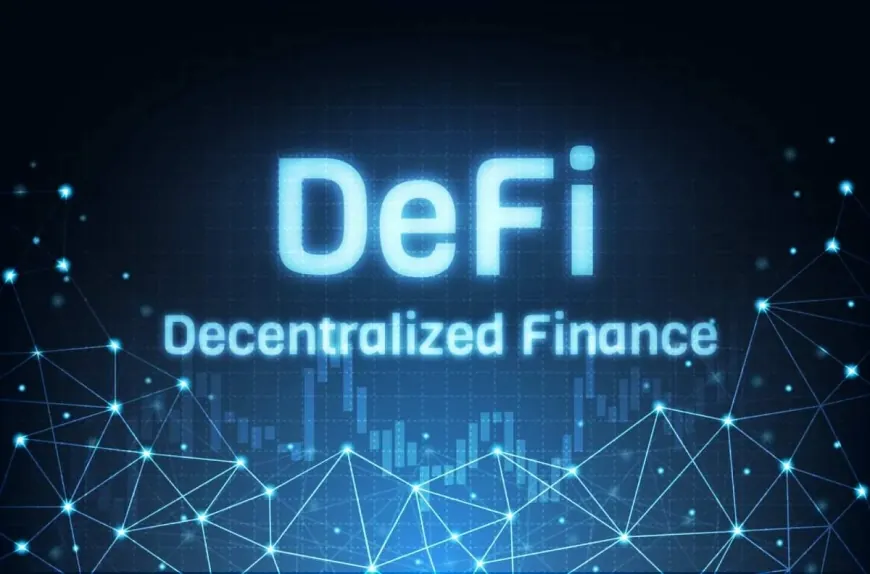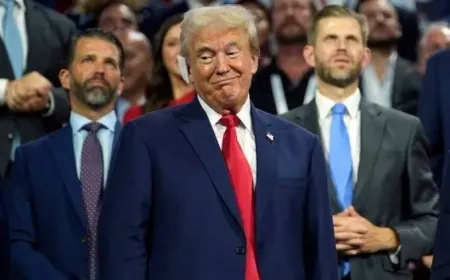Democrats Propose Treasury ‘Restricted List’ for DeFi Protocols, Disrupting Bipartisan Crypto Bill
Senate Democrats propose giving Treasury power to restrict risky DeFi protocols, halting bipartisan crypto market legislation progress.

The proposal, delivered to Republicans on Thursday, would give Treasury sweeping authority to define and restrict decentralized finance (DeFi) protocols, effectively requiring KYC compliance even for non-custodial wallets. The measure would also remove liability protections for software developers and interface providers, drawing immediate backlash from the crypto industry and GOP lawmakers.
Republicans Suspend Negotiations
Talks on a bipartisan crypto market structure bill broke down shortly after the proposal was shared. Senate Banking Committee Republican Staff Director Catherine Fuchs informed colleagues that all meetings were “paused until an agreed date for markup is set,” according to internal communications.
Republican aides criticized the counter-offer for lacking formal legislative text and accused Democrats of stalling. “This isn’t a framework — it’s an enforcement wishlist,” one GOP staffer said.
Crypto attorney Jake Chervinsky warned that the Democratic proposal could “effectively ban DeFi in the United States” by allowing Treasury to restrict entire protocols without due process. He called the framework “unprecedented and unconstitutional,” saying it undermines the CLARITY Act, which passed the House in July with strong bipartisan support (294–134).
Industry Groups Warn of ‘Offshore Exodus’
The Blockchain Association called the proposal “a compliance nightmare,” arguing it would drive DeFi development overseas. CEO Summer Mersinger said the approach “treats software like a financial intermediary” and “makes lawful innovation nearly impossible.”
Similarly, Digital Chamber VP Zunera Mazhar criticized the plan for “trying to fight illicit finance with outdated tools,” saying policymakers should focus on “real chokepoints where money laundering occurs” instead of regulating open-source code.
Coinbase CEO Brian Armstrong joined the criticism, calling the plan “a bad proposal that would set innovation back and push the next generation of financial technology abroad.”
Clash with Existing Bipartisan Efforts
The counter-proposal directly conflicts with the Responsible Financial Innovation Act (RFIA), a bipartisan draft introduced in September that assigns spot market oversight to the Commodity Futures Trading Commission (CFTC)and clarifies that DeFi developers cannot be prosecuted simply for publishing code.
RFIA, championed by Senate Banking Chair Tim Scott (R-SC) and Sen. Kirsten Gillibrand (D-NY), aimed to balance oversight between the CFTC and SEC while protecting U.S. innovation. Democrats’ new proposal, by contrast, centralizes authority within the Treasury Department and expands its enforcement powers.
Crypto Talks Break Down Over DeFi Rules
According to Politico, Senator Ruben Gallego’s office said Democrats had “delivered paper and substance as requested,” accusing Republicans of walking away prematurely. A spokesperson compared GOP demands to “setting a wedding date before the first date.”
Republicans, meanwhile, said they’ve sought formal feedback on drafts since June with no substantive input. A spokesperson for Chairman Tim Scott confirmed that Scott “repeatedly asked Democrats to commit to a markup date” necessary to advance the legislation.
Gallego leads a coalition of roughly a dozen pro-crypto Democrats — including Mark Warner, Cory Booker, and Angela Alsobrooks — who have tried to balance innovation with consumer protection. Their efforts, however, continue to face resistance from anti-crypto lawmakers such as Sen. Elizabeth Warren, who argues that digital assets pose “serious risks to financial stability and national security.”
Future of U.S. Crypto Regulation Remains Unclear
The collapse of Senate negotiations has left the direction of U.S. crypto policy unresolved as 2025 draws to a close. Without bipartisan consensus, Congress is unlikely to advance a comprehensive framework for digital assets this year.
Industry organizations warn that the continued gridlock hands more influence to the Treasury Department, allowing it to steer crypto oversight through enforcement actions and administrative rulemaking instead of well-defined legislation.
In contrast, the European Union’s MiCA regulations are already in force, and jurisdictions such as Singapore, Japan, and the UAE have established licensing regimes that offer legal certainty to blockchain firms.
Should the Treasury secure the authority to create and enforce a “restricted list” for DeFi protocols, the U.S. could adopt one of the world’s toughest postures toward decentralized finance. Analysts say that such a move would likely drive more developers, startups, and investors toward countries with clearer regulatory standards and stronger policy support for financial innovation.































































